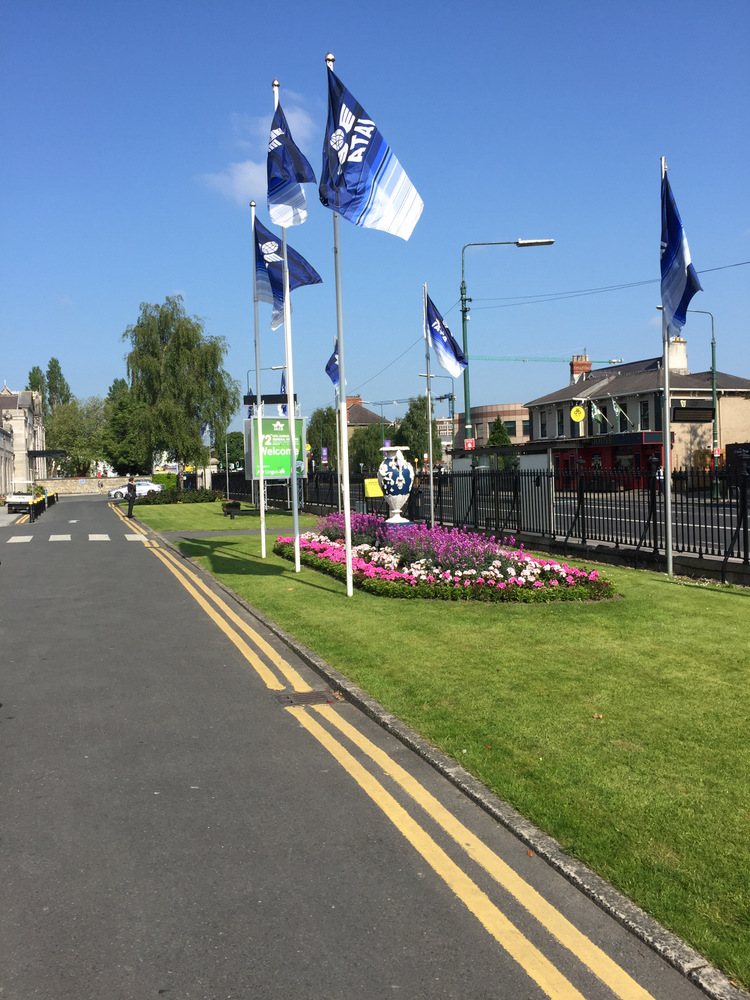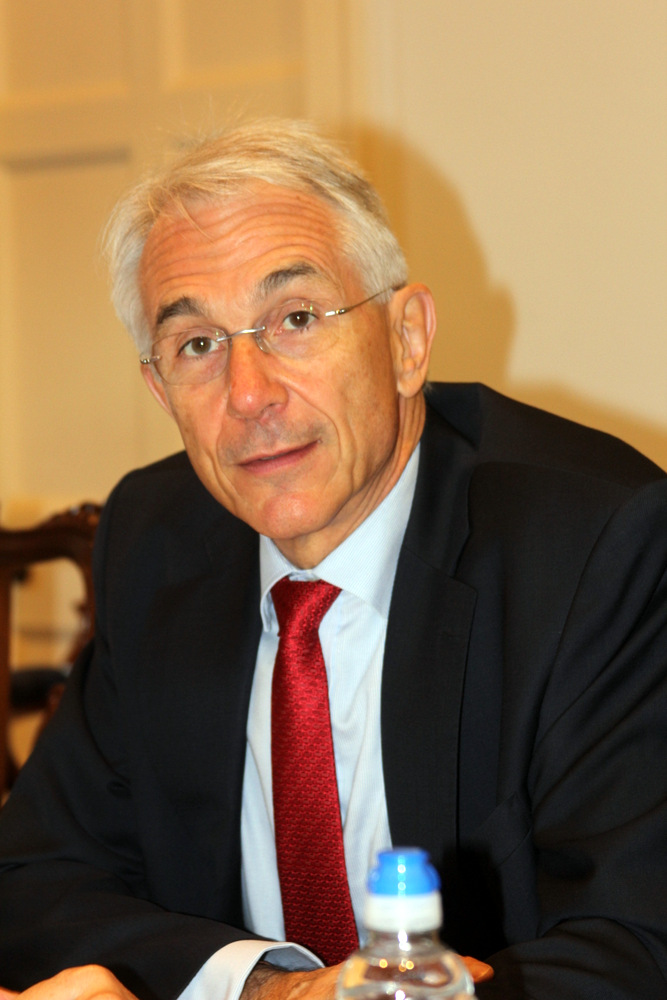
The International Air Transport Association has announced that leaders of the global air transport industry are gathering in Dublin for the Association’s 72nd AGM and World Air Transport Summit. The AGM will open with keynote addresses by Shane Ross TD, Minister for Transport, Tourism and Sport, and Dr Olumuyiwa Benard Aliu, President, Council of the International Civil Aviation Organisation.

“The airline industry’s most senior leaders will discuss measures to ensure the economic and social benefits of safe, secure, efficient and sustainable global air transport,” said Tony Tyler, IATA Director General and Chief Executive.
A highlight of the World Air Transport Summit will be a panel discussion on the industry’s top issues featuring Bernard Gustin, Chief Executive, Brussels Airlines; Ed Bastian, Chief Executive, Delta Air Lines; Sir Tim Clark, President, Emirates Airline; Jayne Hrdlicka, Chief Executive, Jetstar Group; and Charamporn Jotikasthira, President, Thai Airways. The discussion will be moderated by CNN’s Richard Quest. Summit panel discussions will also focus on sustainability and cyber security, with Alan Joyce, Chief Executive, Qantas, among panel participants.
The IATA AGM and World Air Transport Summit bring together chief executives and senior management of IATA’s 264 member airlines that together carry some 83% of global traffic. Stakeholders from across the value chain will participate in the event, including leaders from governments, international organisations, aircraft manufacturers and other industry partners.
This will be the second IATA AGM to be held in Dublin, the first being in 1962. Nearly 1,000 delegates are expected to participate in the event being hosted by Aer Lingus at the Royal Dublin Society.
Ireland a Growing Air Transport Gateway to Europe
“For a nation of just 4.6 million people, Ireland has always punched above its weight in the aviation world,” said Tyler. “Air connectivity is the backbone of a thriving tourist industry and serves as a cultural bridge for the 80 million people around the world who identify themselves with Irish heritage. Today Dublin’s growing hub is a vital transatlantic gateway to Europe.”
Ireland has a rich aviation history. The first ever transatlantic flight, in 1919, touched down in Ireland, and Foynes was the principal departure point for flying boat services to North America.
“In line with its historical legacy, Ireland today is home to successful and innovative airlines, a growing hub and a thriving wider aviation and aerospace sector. Successive Irish governments have led the way with a regulatory and fiscal regime that is helping to foster economic growth through strong air connectivity,” said Tyler.
Aviation generates $10.5 billion in GDP and supports 220,000 jobs in Ireland. According to IATA’s 20-year passenger forecast, Ireland’s average annual growth rate of 2.4% is higher than that predicted for the UK (2.2%), and considerably faster than comparably-sized European nations such as Greece (1.7%) and Portugal (0.9%).




